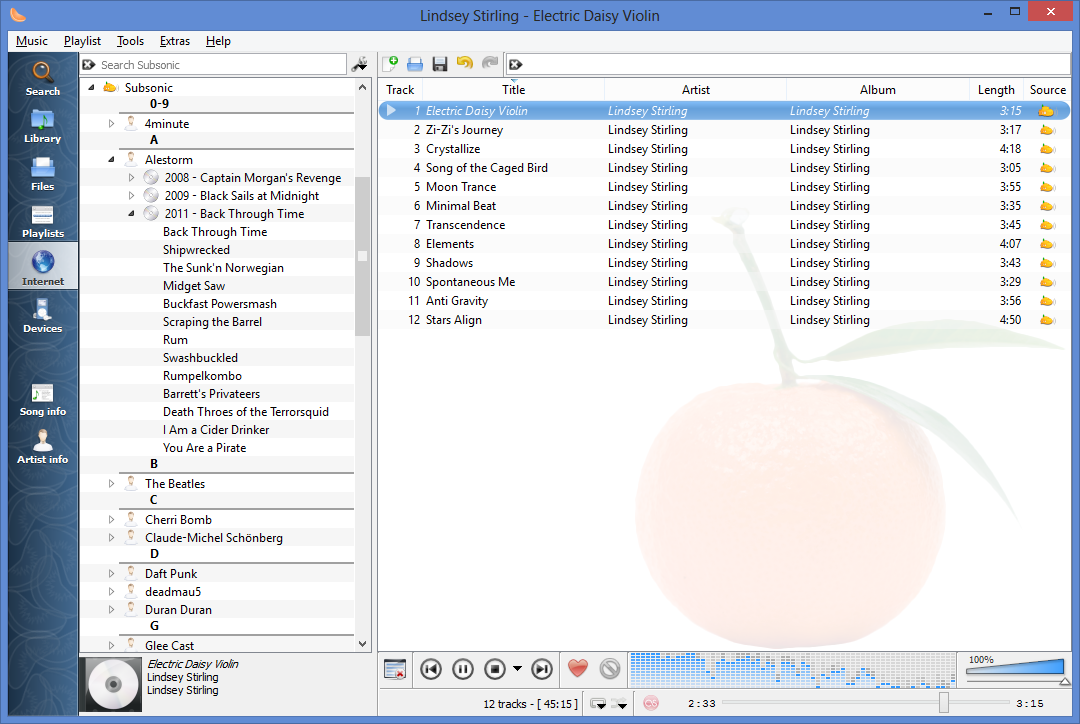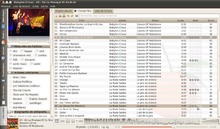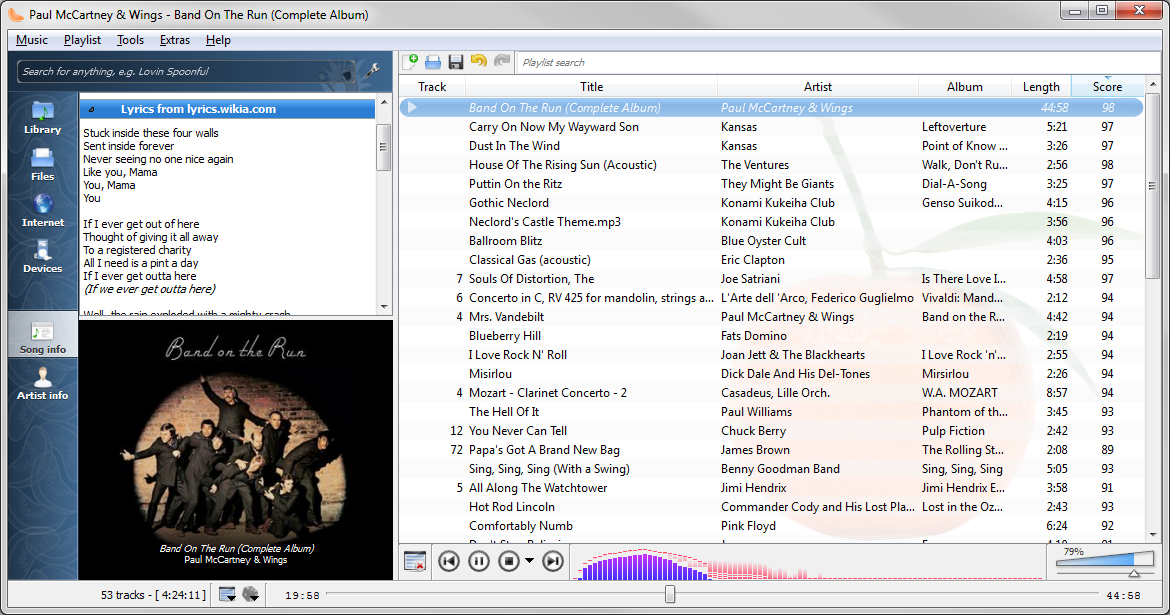Clementine Mac Os 10 7
Clementine is a multiplatform music player. It is inspired by Amarok 1.4, focusing on a fast and easy-to-use interface for searching and playing your music. You can run Clementine on Mac OS X 10.7.0 or later. This free Mac application is a product of Clementine Team. The program lies within Audio & Video Tools, more precisely Players. The latest installer occupies 30.6 MB on disk. Compiling Clementine from source is easy on Linux. Download the source code package from the list above, and in a terminal window: cd bin cmake. Make sudo make install.
Get the latest stable version of Clementine for your operating system.
1.3.1
Windows
32-bit
Downloads for other operating systems
1.3.1
Debian Jessie
64-bit
1.3.1Debian Jessie
32-bit
1.3.1Raspberry Pi
32-bit
1.3.1Fedora 21
32-bit
1.3.1
Fedora 21
64-bit
1.3.1Fedora 22
32-bit
1.3.1Fedora 22
64-bit
1.3.1Fedora 23
32-bit
1.3.1Fedora 23
64-bit
1.3.1Mac
64-bit
1.3.1Clementine Mac Os 10 7 Download
Source Code
1.3.1Ubuntu Precise
64-bit
1.3.1Ubuntu Precise
32-bit
1.3.1Ubuntu Trusty
64-bit
1.3.1Ubuntu Trusty
32-bit
1.3.1Ubuntu Vivid
64-bit
1.3.1Ubuntu Vivid
32-bit
1.3.1Ubuntu Wily

64-bit
1.3.1Ubuntu Wily
32-bit
1.3.1Ubuntu Xenial
64-bit
1.3.1Ubuntu Xenial
32-bit
1.3.1Windows
32-bit
Clementine Mac
Ubuntu PPA
You can download the latest version of Clementine on Ubuntu from the official PPA:
Dependencies for Ubuntu Precise (12.04)
New versions of Clementine require GStreamer 1.0 which wasn't included in Ubuntu 12.04. If you get errors installing Clementine you should add the GStreamer PPA as well:
Clementine Remote for Android
Unofficial packages
If you don't see your distribution listed above then someone else might have created an unofficial package for you.
Compiling from source
Compiling Clementine from source is easy on Linux.Download the source code package from the list above, and in a terminal window:
Bleeding edge packages
Development on Clementine happens inthe git repository.Check out the code by running:
If you'd prefer not to compile the development version yourself then try one of the hourly packages:
There's also an Ubuntu PPA for these development builds:
Notes
Raspberry Pi is a trademark of the Raspberry Pi FoundationHaving waited with baited breath over the release of Mac OS X 10.7 Lion, I was disappointed to find out that my particular brand of MacBook Black (Intel Core Duo 2.0GHz from 2006 – EveryMac.com spec here) was officially not supported.
– Processors Apple will officially support Mac OS X 10.7 Lion on are:
- Any Core 2 Duo processor
- Any Xeon Dual Core or better processor
- Any Intel i3, i5 or i7 processor
Clementine Mac Os 10 7 5
- Any PowerPC processor
- An Intel Mac from the following:
- iMac 4,1 2006 17″ / 20″
- iMac 4,2 2006 17″
- Mac Mini 1,1 Early & Late 2006
- MacBook 1,1 13″ Mid-2006
- MacBook Pro 1,1 15″ A1150 2006
- MacBook Pro 1,2 17″ A1151 2006
- MacBook Pro 1,1 15″ 2006
The discussion here is actually about supporting 32-bit vs. 64-bit. This solution works, as long as binaries included with the OS include 32-bit. As soon as these are removed (from Software Update and the like), then the solution will falter.
Now, not being one to give up on these things lightly, a little investigation reveals a simple method of getting the installer to run and upgrade this hardware. It seems that the only thing preventing a Lion installation on a 32-bit platform is a hidden (from the system, or available through Terminal) file that can be removed:
/System/Library/CoreServices/PlatformSupport.plist
There is a small gotcha to this, is that you need to install Lion to a supported platform first (such as a Core 2 Duo), then migrate that installation to the unsupported platform. During or immediately after the migration, the file above should be removed, so the migration will live happily on the unsupported hardware.

One suggestion I would make (as with all upgrades) is one of two routes prior to any upgrades:
- Install the new OS to a separate partition, so there is always a roll-back or escape lane should (god forbid) anything go awry).
- Ensure you have a full backup of your OS before installing / upgrading, using Time Machine to an external drive.